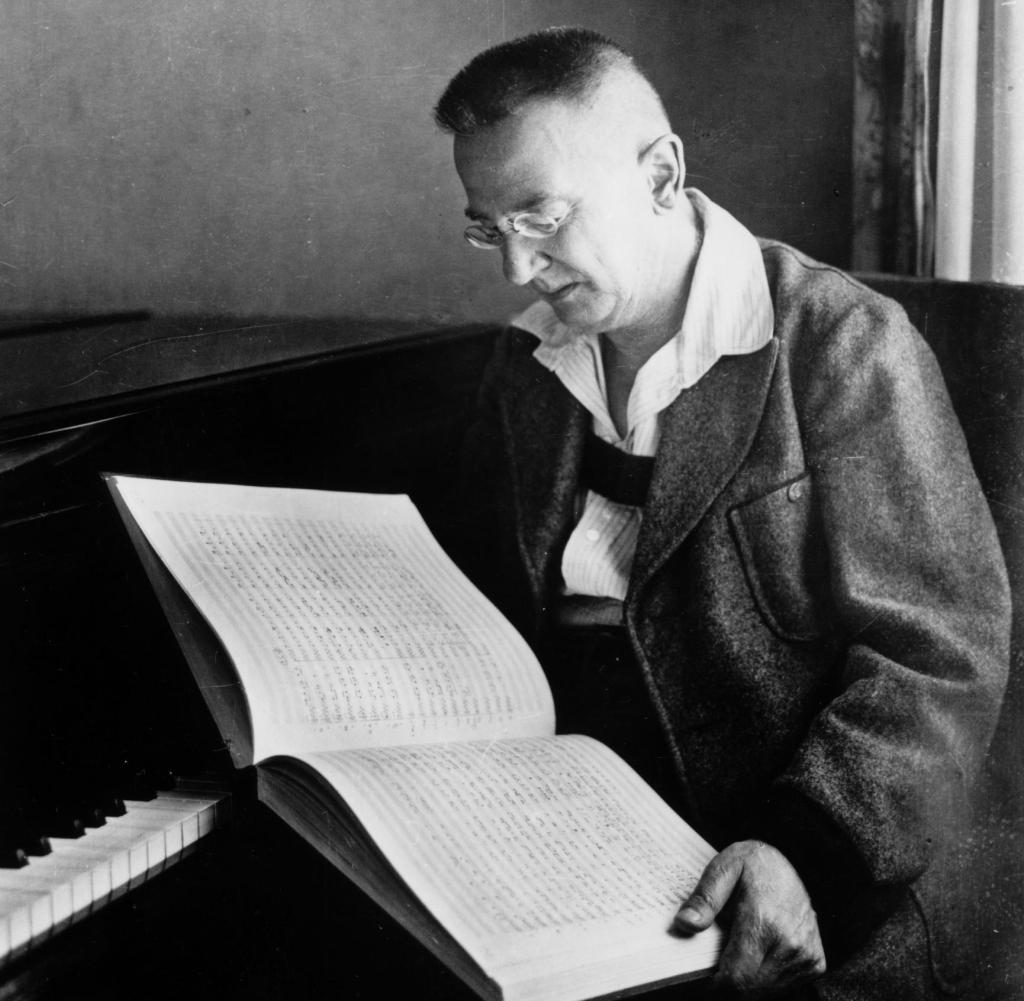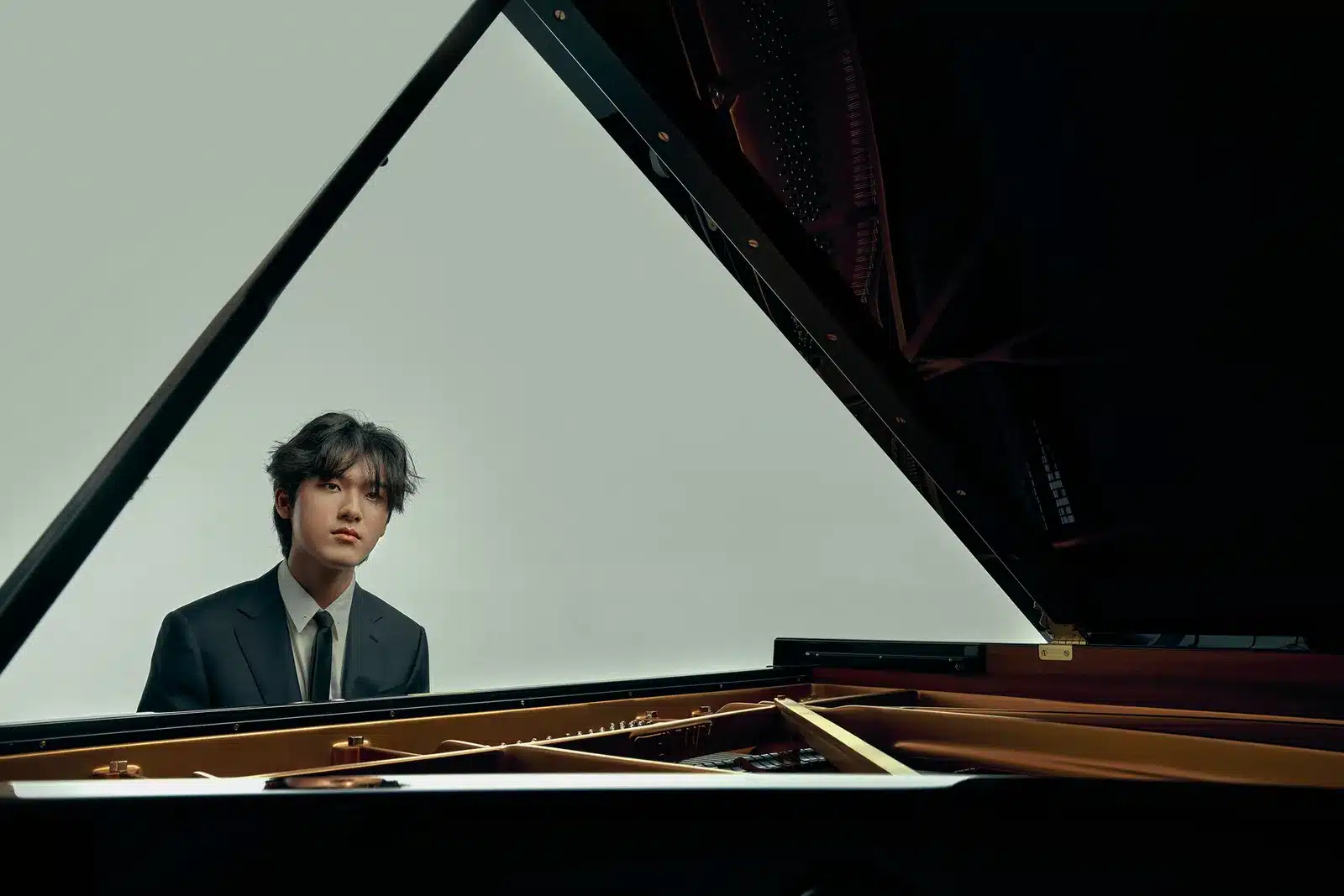Into every critic’s life a little Schmidt must fall
Album Of The WeekFrom the Lebrecht Album of the Week:
Into every musical life, a little Schmidt must fall. I cannot count the conductors who have tried to persuade me that the Viennese cellist Franz Schmidt belongs among the ranks of great composers, or the number of hours I have devoted to attempts to understand their devotion. In vain. Once I’m over admiring the brilliance of the scoring, what then?…
Read on here.
And here.
En francais ici.






Comments